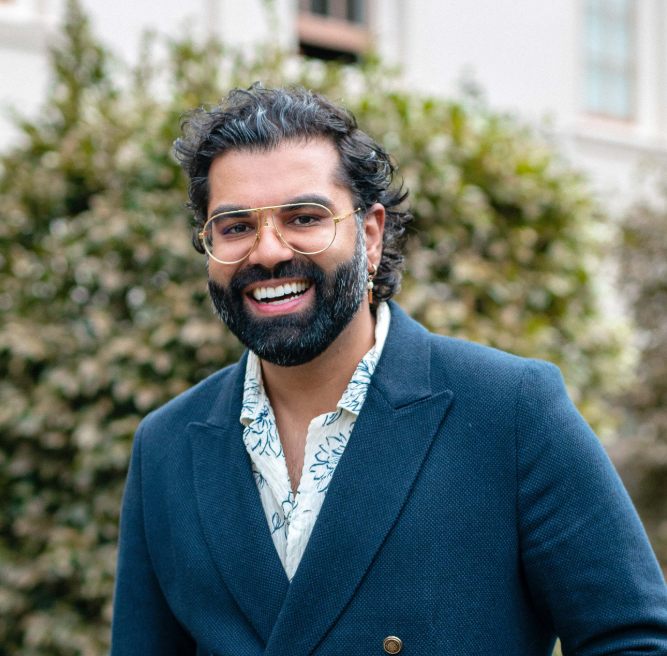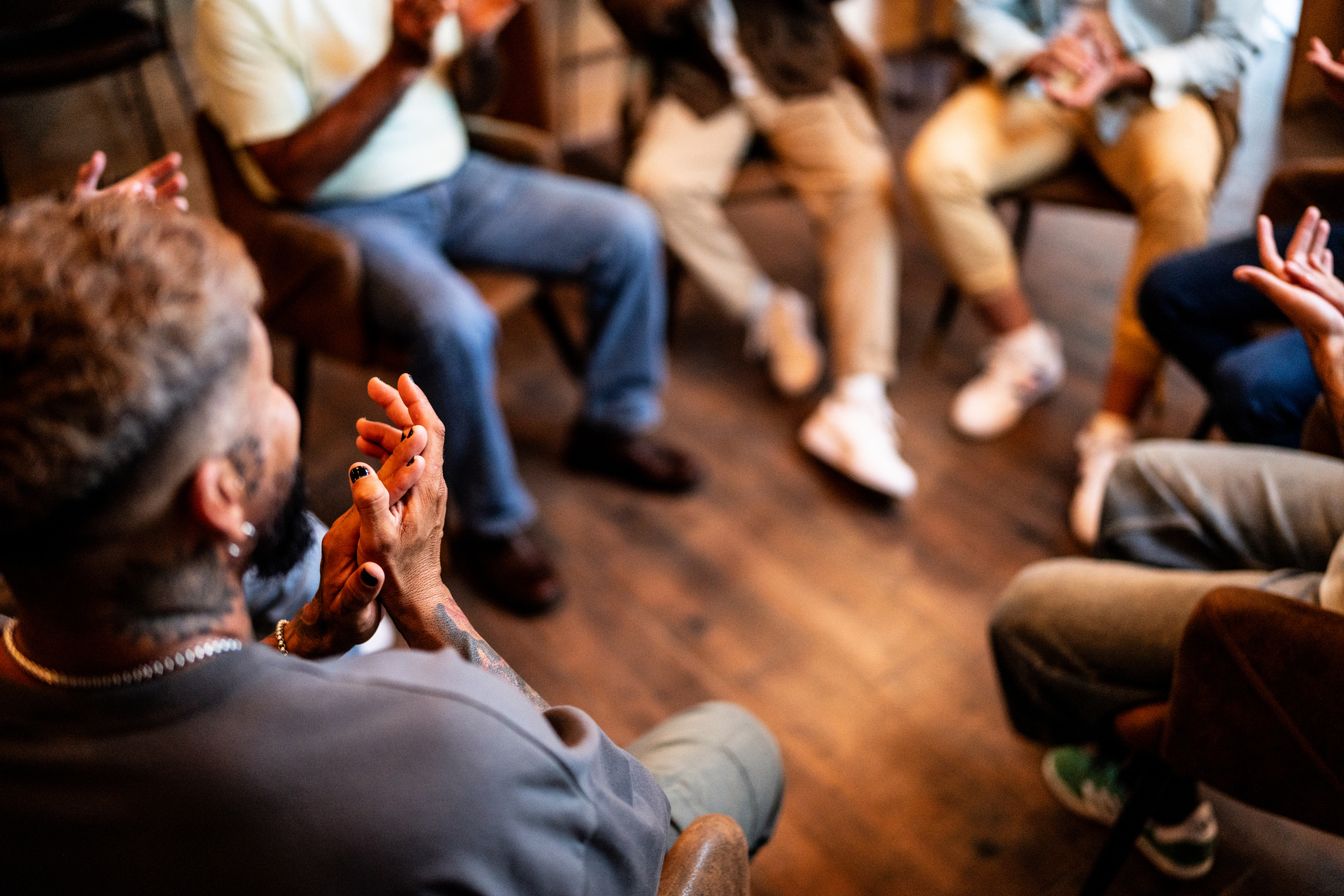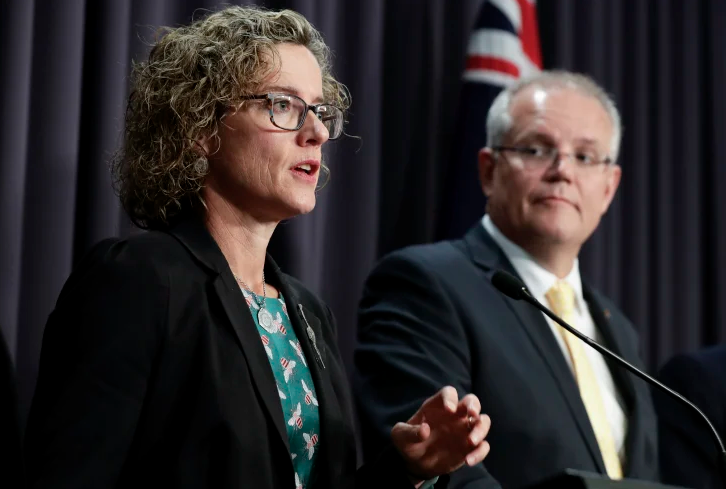Men can make a meaningful impact by speaking out when they see their friends, teammates, or family members acting disrespectfully towards women, domestic violence campaigners say.
It can be as simple as a shake of the head or an eye roll, questioning a sexist joke or even walking away from a conversation.
New data released today by Our Watch, shows that almost four in five men want to take action to change the alarming rates of violence against women, but many feel they personally can't.
READ MORE: Consent education is positive, but it's only 'one piece of the puzzle'

Do you have a story? Contact the reporter at allanah.sciberras@nine.com.au
Violence prevention advocate Tarang Chawla told 9news.com.au that it wasn't necessarily about stepping in and being a hero but about challenging sexism and rigid ideas of masculinity that lead to violence.
"It's about the small everyday examples of sexism or misogyny that you see," he said.
"For example, around your local sporting club, if you hear sexist jokes or disrespect towards women who help out at the club, then (it's about) not accepting that behaviour and standing up against it.
"I think it is a really powerful way to combat those everyday examples of sexism."
Men can take many actions to prevent violence against women, such as altering their body language to express disapproval, according to Our Watch.
Other steps include challenging sexist jokes by focusing on the behaviour and changing the subject, as well as supporting women by checking in with them, either in person or via message.
It's also crucial for men in positions of leadership to use their influence to promote cultural change.
READ MORE: 'It's clear we need to do more': Leaders call for change against domestic violence

According to the most recent Our Watch study, nearly half of men surveyed felt pressured to act "stereotypically manly", with 19 per cent of those feeling this pressure within a sporting club.
"Men don't wake up one day and just decide to kill their partner. It starts off in ways that might seem harmless – locker-room talk, sexist jokes, making fun of violence, objectifying women or asserting dominance over their partner," Chawla said.
"Data shows that these statistics don't just lead to men's violence against women and they also have harmful health effects for men.
"Seeing positive examples of masculinity, particularly in sport, whether they're football players or cricket players when they open up about their own issues around mental health or speak up for gender equality, it's really powerful because that reaches all parts of the Australian population."
The Red Heart Campaign, collated by journalist Sherele Moody, states that 86 women have been killed this year by alleged gender-based violence.
https://x.com/OurWatchAus/status/1860796206940831994Violence against women is experienced across all communities and cultures, with 39 per cent experiencing some sort of violence since the age of 15.
On average, one woman is killed every nine days by a current or former partner.
Our Watch chief executive Patty Kinnersly told 9news.com.au more needed to be done to reach men and boys and break down "manly" stereotypes.
She said men who support the most stereotypically rigid ideals of masculinity - such as needing to act tough, be dominant, hide feedings and be in control - are 17 times more likely to say they have hit a partner.
"I think it's really important that we continue to educate the community about what's causing violence against women and keep talking about the uncomfortable truth that most violence is perpetrated by men," Kinnersly said.
"Men are such an important part of it. We know that violence against women is underpinned by disrespectful and harmful attitudes that men hold."

It comes as the peak body launches resources for youth workers and those working with men and boys in preventing and ending violence against women.
"We know that young men receive an overwhelming amount of 'advice' about how to be a man today, including on social media and in popular culture, such as pornography," Kinnersly said.
"To stop violence before it starts, we must work with young men and boys at school, in workplaces and online to help them navigate the complexities of what healthy masculinities look like for them.
"If we do this right, it is more likely that young men will grow up to be respectful, feel safe to express their emotions and know that violence is never the answer."
Support is available from the National Sexual Assault, Domestic Family Violence Counselling Service at 1800RESPECT (1800 737 732).
If you or someone you know is in need of support contact Lifeline on 13 11 14 or Beyond Blue. In the event of an emergency dial Triple Zero (000).
Help is available from the Men's Referral Service on 1300 766 491.
from 9News https://ift.tt/Hkf4yr1
via IFTTT
Comments
Post a Comment